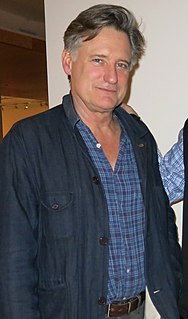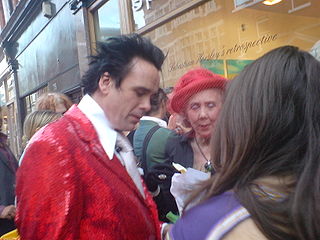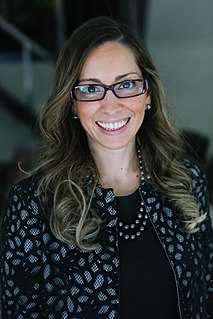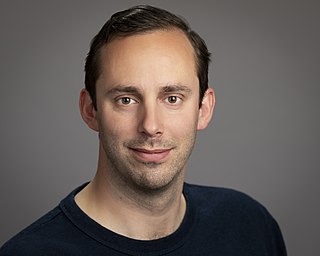A Quote by Elisabeth Kubler-Ross
We have to ask ourselves whether medicine is to remain a humanitarian and respected profession or a new but depersonalized science in the service of prolonging life rather than diminishing human suffering.
Related Quotes
Science is a human activity, and the best way to understand it is to understand the individual human beings who practise it. Science is an art form and not a philosophical method. The great advances in science usually result from new tools rather than from new doctrines. ... Every time we introduce a new tool, it always leads to new and unexpected discoveries, because Nature's imagination is richer than ours.
Spiritual fulfillment doesn't have to mean belief in a religion or disbelief in science. ... Whether one believes in an unseen, all-knowing force, or the wonder of science and the universe, or simply the beauty of the human spirit, nearly every one of feels an inner longing to feel part of something bigger than ourselves.
Medicine is a social science, and politics is nothing else but medicine on a large scale. Medicine, as a social science, as the science of human beings, has the obligation to point out problems and to attempt their theoretical solution: the politician, the practical anthropologist, must find the means for their actual solution. The physicians are the natural attorneys of the poor, and social problems fall to a large extent within their jurisdiction.
But innovation is more than a new method. It is a new view of the universe, as one of risk rather than of chance or of certainty. It is a new view of man's role in the universe; he creates order by taking risks. And this means that innovation, rather than being an assertion of human power, is an acceptance of human responsibility.





































